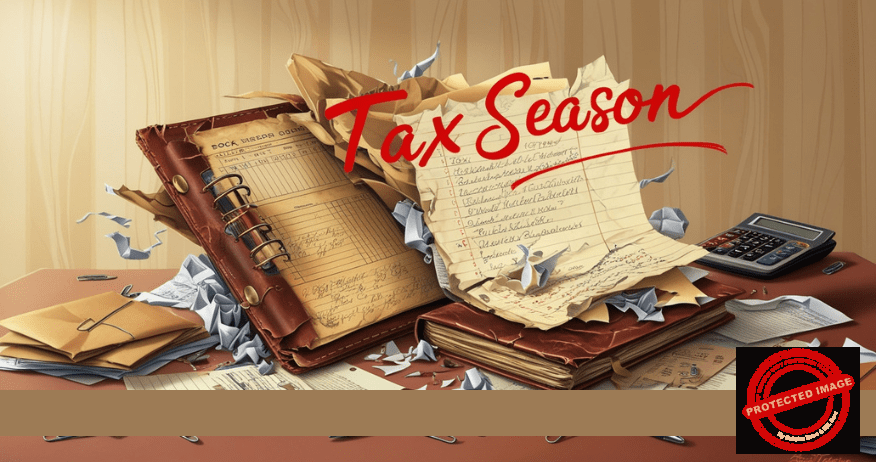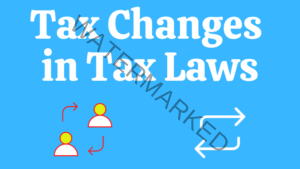Book keeping is important for any tax compliance. Book-keeping requires records and documents to be completed and on time. Taxpayers are required to keep, maintain, and retain records and documents for any tax audit. To comply with this requirement, proper bookkeeping must be undertaken.
a. Affiliate Disclosure: These are affiliate links from which we receive a commission at no cost. Read full Affiliate marketing disclosure HERE.
b. Tax Contents Disclaimer: The tax industry in Kenya is very dynamic. The tax contents in the posts are not professional advice. Read full disclosure HERE.
For proper bookkeeping, every taxpayer requires records and documents. There are many records and documents required. However, for purposes book keeping tax records and documents, the following is the list that every taxpayer must have:
Sales Files:
- Local Sales invoices.
- Export Sales invoices.
- Export documents.
- Cash sale receipts.
- Credit notes.
- Debit notes.
- Banking receipts.
- Bank counterfoils.
- Customers’ statements of accounts.
- List of supplies (goods and services).
- List of customers.
Purchases Files
- Local purchases invoices.
- Import purchases invoices.
- Import documents.
- Insurance debit notes.
- Credit notes.
- Debit notes.
- Suppliers’ statements of accounts.
- List of supplies (goods and services).
- List of suppliers.
Petty Cash Files
- Authorized petty cash vouchers.
- Petty cash receipts.
- Cheque copies are used to withdraw petty cash float.
- Summary or list of casuals paid through petty cash.
Bank Files
- Bank statements.
- Cheque books.
- Mpesa statements (for business transactions).
- Deposit slips.
VAT Files
- Monthly VAT returns.
- Sales summaries.
- Credit notes summaries.
- Debit, not summaries.
- Withholding VAT summaries.
- VAT on imported services summaries.
- Purchase summaries.
- Withholding VAT certificates.
Payroll Files
- Employees files.
- Directors files.
- Payroll summaries per month.
- PAYE booklets are any.
- NSSF receipts.
- NHIF receipts.
- Employees’ and directors’ schedules for deductibles.
- Director’s annual returns.
- Director’s current account.
- Schedules of staff loans.
- Staff welfare support documents.
Fixed Assets File
- Purchase invoices for assets.
- Sales invoices for assets.
- Logbooks or sales agreement copies.
- Land titles, if any.
- Land rates and land fees payments documents.
- Depreciation schedules.
Loan Files
- Loan applications.
- Loan agreements.
- Loan statements.
- Loan repayment schedules.
This post was on book-keeping tax records and documents.
We trust you have learnt something.
Thank you for reading the post.
Dr. Wakaguyu wa-Kiburi
taxkenya@gmail.com
Remember to visit the e-Store for books HERE




